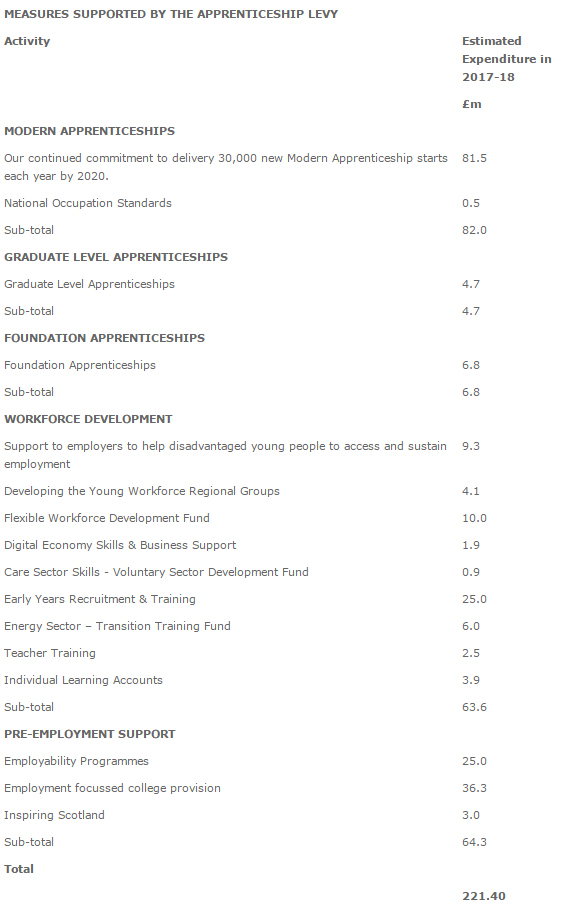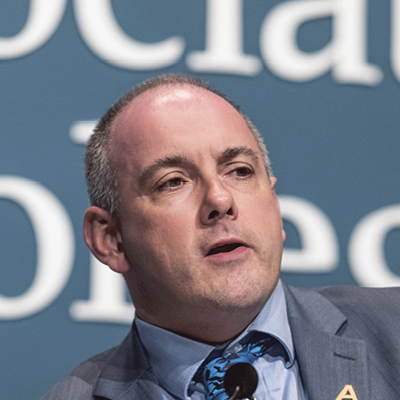The Education Funding Agency has announced that the national base funding rates of £4,000 per full time student aged 16 to 17 and £3,300 for 18 year olds will remain unchanged for the academic year 2017 to 2018.
The update will come as a disappointment to the Association of Colleges, which has been lobbying the government to increase the funding rate.
In its Autumn Statement Submission in October the AoC published 20 recommendations, with the funding rate third on its list.
It said: “The national base rate for 16 and 17-year-olds (currently £4,000) should be increased so that it provides the necessary funds for high-quality education.”
But in today’s (December 21) letter from the EFA to providers, Peter Mucklow, national director for young people, wrote: “The national base rates of £4,000 per full time student aged 16 to 17 and £3,300 for 18 year olds are maintained for academic year 2017 to 2018 as are the part time funding rates.
“This is in line with the commitment made in the 2015 Spending Review.”
The letter also covered traineeships. Mr Mucklow wrote: “We will continue to ensure that funding supports institutions growing traineeship numbers.
“If you have exceptional growth in traineeships in academic year 2016 to 2017, please submit a business case using our online enquiry form after the R06 data window closes. We will then review cases in March 2017 and inform you of the result in April 2017.”
He added: “We will confirm the deadline and criteria for business cases in late January 2017 via our e-bulletin.”
A spokesperson for the Association of Employment and Learning Providers said: ‘It’s good to see the EFA’s commitment to support growth in traineeships.
“However we have said to ministers that the whole funding system for the programme needs review because growth has generally been modest.
“Uncertainty surrounding the programme’s long-term future with devolution on the horizon is also holding back provider investment in it.”
Mr Mucklow also confirmed that the EFA will be moving forward with plans to phase out Formula Protection Funding, with 2020/21 the final year it is payable.




